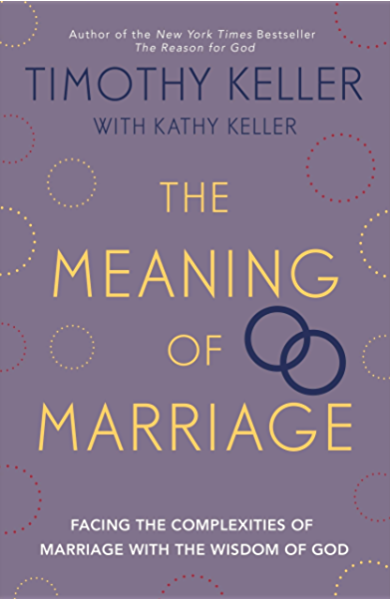Why is apologetics important for daily pastoral work?For the Bible says that the shepherd must preach good doctrine, as well as defend it against heresies (Titus 1:6-9; 1 Timothy 4: 12-16; 1 Timothy 1:3). ; 2 Timothy 4: 1-4) . Pastoral care is closely related to the ability to teach.
He who is irrepressible, the husband of a woman, who has faithful children, who cannot be accused of dissolution or disobedience, because the bishop must be irrepressible, as a butler of the house of God, neither either either either either either either angrily nor angrily, nor given to wine. neither drummer nor greedy of wicked greed; But given to hospitality, friend of the good, moderate, righteous, holy, temperate; Hold fast to the faithful word, which conforms to doctrine, to be powerful, both to warn with sound doctrine and to convince adversaries (Titus 1:6-9).
- Let no one despise your youth; but be an example of the faithful.
- In word.
- In treatment.
- In love.
- In spirit.
- In faith.
- In purity; continue reading.
- Exhorting.
- And teaching until I leave.
- Do not despise the gift in you.
- Which was given to you by prophecy.
- With the laying on of the hands of the rectory.
- Ponder these things; take care of them.
- So that your liking is evident to everyone.
- Take care of yourself and the doctrine.
- Persevere in these things; because by doing this you will save yourself and those who listen to you (1 Timothy 4:12-16).
As I pleaded with you, when I left for Macedonia, to stay in Ephesus, to warn some who do not teach another doctrine, (1 Timothy 1:3)
That is why I call you before God and the Lord Jesus Christ, who will judge the living and the dead, at their coming and in his kingdom, that you may preach the word, to whom you exhort in time and out of time, rejoice, rebuke, exhortations, with all patience and doctrine; for time will come when they will not endure sound doctrine; But with itching in their ears, doctors will pile up according to their own desires; And they will turn their ears away from the truth and turn to myths (2 Timothy 4: 1-4).
What is at the heart of the pastor’s ministry is teaching and what is taught, but today we are not very concerned. Teaching capacity is a fundamental prerequisite for the ministry.
As Dietrich Bonhoeffer points out in note 20 of the book? Discipleship?:
Doctrinal discipline is distinguished from ecclesiastical discipline as follows: it is a consequence of sound doctrine, that is, the correct use of the gospel, while the former is expressly directed against the abuse of doctrine. Through false doctrine, the Church’s source of life and ecclesiastical discipline are deteriorating.
Therefore, sin against doctrine weighs more than sin against Christian discipline. Anyone who steals the gospel of the Church deserves unrestricted condemnation; anyone, however, sins in his conduct, that’s what the gospel is for. Doctrinal discipline refers first and foremos than ministers responsible for teaching the gospel in the Church.
The prerequisite is that, in the exercise of the profession, it is necessary to ensure that the person responsible for the profession is “fit to teach” (1 Tim 3. 2; 2 Tim 2. 24; Tite 1: 9), too?Suitable for educating others? (2 Tim 2. 2)
We fear that when a young man enters the seminary thinking that he will stop praying or deviate from faith, this is usually because the young man already has unresolved doubts about the fundamental doctrines of Christianity, thanks to today’s culture. that affirming the truth and rejecting the false is a proud and fundamentalist position. We are in a context in which the affirmation of doctrine is being kidnapped.
When we do not know the truth, what remains of our pastoral discourse is only rhetoric, oratory and rhetoric are important, but without doctrine they are empty, because it is the truth that liberates. We have to tell the truth and doctrine incluso. si people do not understand Isaiah and Jeremiah were sent on a failed mission to preach the truth, because God had already said that they would not be heard. Our mission is to be faithful and preach the truth. To teach, the teacher needs the ability to defend the Christian faith.
If we do not heed doctrine, we fall into what Lewis calls “freshwater Christianity,” something more simplistic than atheism itself, according to him. Freshwater Christianity? It is he who denies the need to develop his knowledge at the expense of practical pastoral life.
Finally, on our journey toward knowing the truth, we must have the courage to learn to suffer. It’s like the one that came out in the daylight after a long time in the dark. The light blinds him at first. And this is the moment when you see that everything you knew was wrong and you realize that you have a lot to learn. But over time, the person gets used to the light and begins to see better. The same is true for all who continue to seek the truth in Christ.

